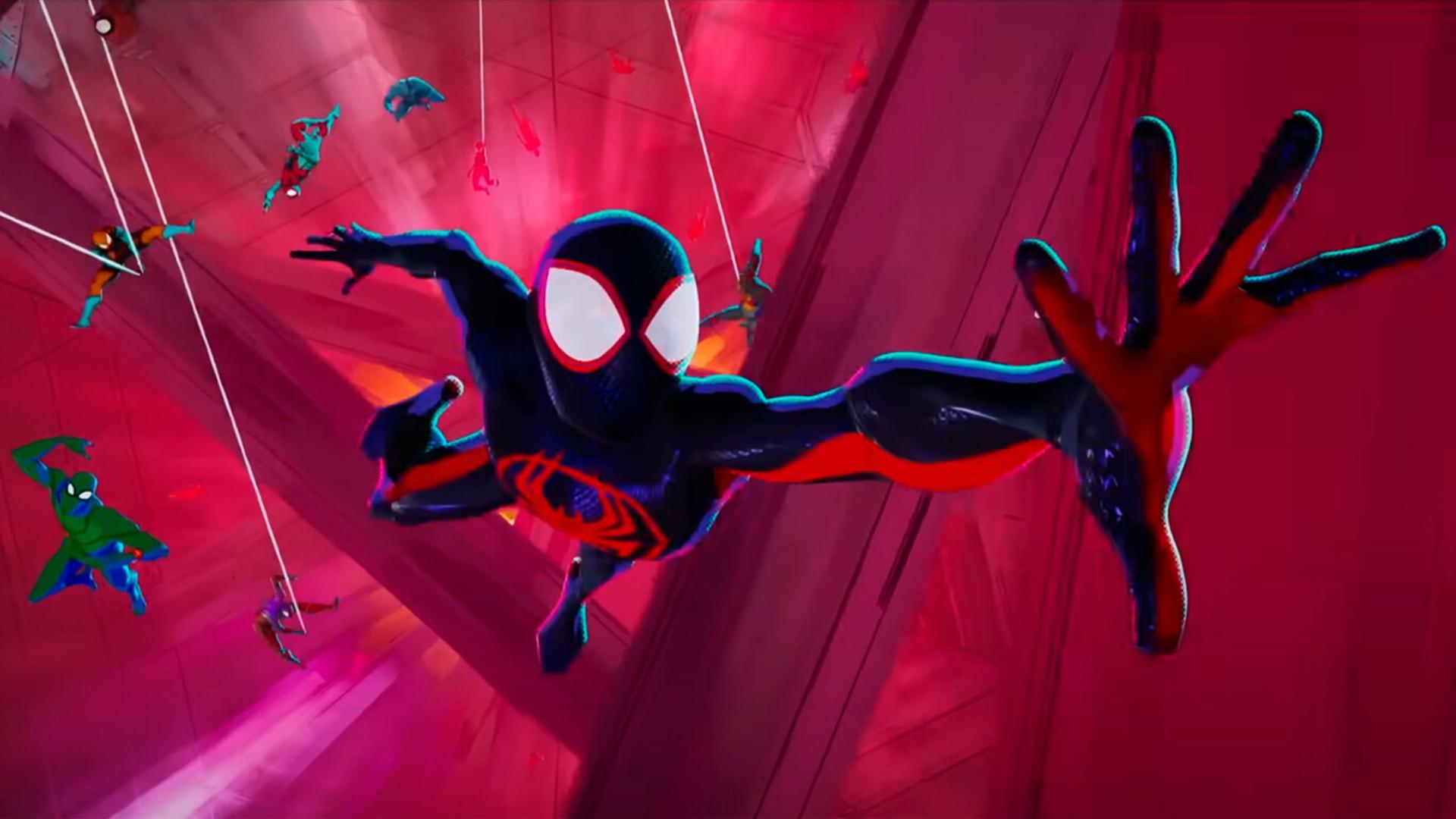The theme of the film’s Latin Spanish dubbing Spider-Man: Across the Spider-Verse It’s been trending for the past few weeks, however, since we’re a medium focused on anime and not comics, we haven’t had a chance to touch it, until now. What is the problem? It turns out that due to the wide cast of characters, in the Latin Spanish dubbing several of these roles were given to “influencers” instead of voice actors. And it should be noted that many of these people do not even have training or experience in this profession.
So, many people on social networks are informing in advance that they will go to see Spider-Man: Across the Spider-Verse in its original language with subtitles, and the pressure is such that Movie theater chains in Mexico (and possibly in the rest of Latin America) have already reported that the film will be available in this format.
But a recent announcement has left fans in Latin America undecided, as it seems that now they will be interested in watching the movie in Japanese instead of the Latin dubbing. As many of us know, the Japanese dubbing (also including voice acting) is perhaps one of the most recognized, and the announcements for this new installment of the arachnid only increase expectations. Why don’t you keep an eye on those in charge of Japanese dubbing?
- kenshō ono (Giorno Giovanna in JoJo’s Bizarre Adventure) as Miles Morales.
- Aoi Yuuki (Tanya Degurechaff in Youjo Senki) as Gwen Stacy.
- Mamoru Miyano (Light Yagami in Death Note) as Peter B. Parker.
- Tomokazu Seki (Gilgamesh in Fate/Grand Order) as Miguel O’hara.
In addition, everything will be accompanied by a song written and produced specifically for this feature film, entitled “REALIZE” and performed by the world popular singer Lisa.
However, now comes the bad news. The Japanese dub is extremely hard to find. For example, the one from the first movie “Spider-Man: Into the Spider-Verse” was uploaded to the Internet long after the film was released, and it will not be available in theaters in Latin America. So fans on this side of the pond will still be left with only two options if they want to see the film on the big screen: either watch it in English with subtitles, or watch it dubbed into Latin Spanish.
Anyway, why don’t we review the comments that have arisen about it?
- «I hope that Japanese dubbing reaches Latin America, because I’m not going to put up with dubbing bullshit from influencers who have no fucking idea how to do dubbing.».
- «Done, with this we solve the dubbing problem. Better that they release the movie in Japanese worldwide, so we can choose between the original language and Japanese in the cinema».
- «I won’t watch it because I don’t watch movies. Maybe three years after it comes out I’ll see it with luck, like it did with the first one. But LiSA is one of the best, and well, I see a lot of sand for using star-talents, but I don’t even know the official voice actors».
- «Will it be too much to ask HBO that when they have it on their platform they have it in Japanese too?».
- «I already wanted to see it in Japanese, even the screams sound better».
- «That’s where I thought I heard Gilgamesh. Will there also be cases like those of the star-talent in Japanese?».
- «Even the Japanese version is better than the Latin Spanish version».
- «With only that, it already surpassed the dubbing into Latin Spanish».
- «No way, let’s see it in Japanese».
- «With more emotion I will see it if it has a LiSA song. Since neither mothers will see the Latin dubbing».
- «Japan with LiSA and Latin America with the cuckeado, it’s incredible».
- «I better watch it in Japanese, I’m not even going to listen to the horrible voices of those Mexican YouTubers».
- «In Japan enjoying the movie with the best cover, while in Latin America we will have to put up with the toxicity of star-talents».
- «Imagine having LiSA instead of the asshole Juan Guarnizo».
- «This is dubbing, damn».
- «Here our dubbing mops get buts because they don’t want to pay what they deserve, and in Japan you can clearly hear the voices of Kensho Ono and Aoi Yuuki, two dubbing greats».
- «With this it has ceased to be a bad movie».
